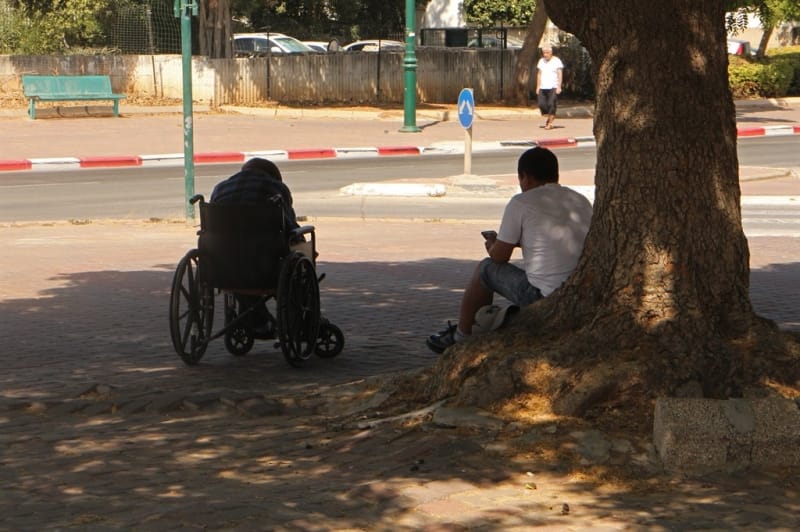In the beginning of the month, we heard the exciting news of the expected signing of a historic bilateral agreement in the caregiving industry between Israel and the Philippines. Kav LaOved welcomes this important step and looks forward to an agreement that regulates labor migration to Israel’s caregiving industry. The purpose of the agreement is to formalize the process of bringing migrant workers to Israel, without the involvement of private manpower agencies, an important step in fighting the phenomenon of charging illegal brokerage fees for work placements which rendered many of these workers as modern day indentured servants.
Israel has signed similar agreements to regulate labor migration in such sectors as agriculture and construction with countries such as Thailand, Moldova, Bulgaria and Romania. Despite the caregiving sector being the sector where most migrant workers are employed, and despite Kav LaOved’s more than decade-long legal struggle in the High Court of Justice against the state on this issue, the caregiving sector has until now has lacked any sort of similar regulation. This absence has enabled private placement agencies to regularly demand large sums in the form illegal brokerage fees from migrant workers in this sector. Viewing these migrant workers as their cash cows, these agencies have continually undermined any efforts from the state to introduce or enforce agreements that would have protected workers against these fees.
For years, Kav LaOved has collected the testimonies of migrant workers about the enormous amounts in illegal fees they were forced to pay in order to obtain the right to work in Israel: on average over $ 10,000 USD per worker.
In order pay these brokerage fees, workers take loans from various private entities, often at astronomical interest rates, and even mortgage their homes or those of their family members. It usually takes these workers between 12 to 24 months of work in Israel only to repay their loans, before they are able to save even a single shekel for their family back home.
About a third of caregivers employed in Israel today come from the Philippines, and we hope that soon, similar agreements will protect all migrant workers. These days, Kav LaOved sees more and more caregivers coming to Israel from countries such as Moldova, Sri Lanka, India and Uzbekistan, each having paid enormous fees simply for the right to work here, and as a result each vulnerable to abuse and exploitation. Hopefully, this will be just the first of many agreements that regulate such migration and protect these workers from exploitation.


